IDIOMS AND PHRASES
Directions :
Given below are some idioms/phrases followed by four alternative meanings to each. Choose the response (a), (b), (c) or (d) which is the most appropriate expression.
21. A match made in heaven
(a) a marriage that is solemnized formally
(b) a marriage that is unsuccessful
(c) a marriage that is likely to be happy and successful
(d) a marriage of convenience
Show Answer/Hide
22. A culture vulture
(a) someone who is very keen to experience art and literature
(b) someone who wants to defend ancient culture
(c) someone who is ashamed of one’s own culture
(d) someone who looks at her/his culture critically
Show Answer/Hide
23. A death blow
(a) to be nearly dead
(b) to be deeply afraid of death
(c) to beat someone to death
(d) an action or event which causes something to end or fail
Show Answer/Hide
24. The jewel in the crown
(a) someone who has many skills
(b) something that one wants
(c) the most valuable thing in a group of things
(d) the jewel in the crown of the king
Show Answer/Hide
25. To live in a fool’s paradise
(a) to live a life that is dishonest
(b) to be happy because you will not accept how bad a situation really is
(c) to believe that things you want will happen
(d) to enjoy yourself by spending a lot of money
Show Answer/Hide
26. A rotten apple
(a) to remove something which is rotten
(b) one bad person in a group of good people
(c) a loving and kind person
(d) a disorganized person with bad habits
Show Answer/Hide
27. To vote with your feet
(a) to show that you do not support something
(b) to replace something important
(c) to change something you must do
(d) to express a particular opinion
Show Answer/Hide
28. Verbal diarrhoea
(a) to be sick
(b) to talk too much
(c) to be in a difficult situation
(d) to be a good orator
Show Answer/Hide
29. To sail close to the wind
(a) to pretend to be something that you are not
(b) to be in some unpleasant situation
(c) to be destroyed by a belief.
(d) to do something that is dangerous
Show Answer/Hide
30. A double entendre
(a) to look at someone or something twice
(b) a situation in which you cannot succeed
(c) a word which has two meanings
(d) something that causes both advantages and problems
Show Answer/Hide
31. To cut your own throat
(a) to stop doing something
(b) to do something because you are angry
(c) to behave in a relaxed manner
(d) to allow someone to do something
Show Answer/Hide
32. Cook the books
(a) to record false information in the accounts of an organization
(b) to do something that spoils someone’s plan
(c) to tell a false story
(d) to be very angry
Show Answer/Hide
33. Change your tune
(a) to listen to good music
(b) to do things that you are not willing to
(c) to change your opinion completely because it will bring you an advantage
(d) to pretend to be very friendly
Show Answer/Hide
34. Blue blood
(a) to swallow poison
(b) to be overly interested in someone
(c) to suddenly become jealous
(d) to belong to a family of the highest social class
Show Answer/Hide
35. Cut the crap
(a) an impolite way of telling someone to stop saying things that are not true
(b) to stop needing someone else to look after you
(c) to talk about something important
(d) to upset someone by criticizing them
Show Answer/Hide
CLOZE COMPREHENSION
Directions :
Each of the following sentences in this section has a blank space with four words or group of words given. Select whichever word or group of words you consider most appropriate for the blank space and indicate your response on the Answer Sheet accordingly.
CLOZE COMPREHENSION – I
The question whether war is ever justified, and if so under what circumstances, is one which has been forcing itself __(36)___ the attention of all thoughtful men. On this question I find myself in the somewhat __(37)___ position of holding that no single one of the combatants is justified in the present war, while not taking the extreme Tolstoyan view that war is under all circumstances a __(38)___. Opinions on such a subject as war are the outcome of __(39)___ rather than of thought : given a man’s emotional temperament, his convictions, __(40)___ on war in general, and on any particular war which may occur during his lifetime, can be __(41)___ with tolerable certainty. The arguments used will be mere reinforcements to convictions otherwise reached. The fundamental facts in this as in all ethical __(42)___ are feelings, all that thought can do is to clarify and systematize the expression of those feelings, and it is such clarifying and systematizing of my own feelings that I wish to __(43)___ in the present article. In fact, the question of rights and wrongs of a particular war is generally __(44)___ from a juridical or quasi-juridical __(45)___ .
36.
(a) upon
(b) on
(c) at
(d) over
Show Answer/Hide
37.
(a) delightful
(b) painful
(c) pleasant
(d) lovely
Show Answer/Hide
38.
(a) duty.
(b) obligation.
(c) responsibility.
(d) crime.
Show Answer/Hide
39.
(a) feeling
(b) sentiment
(c) reason
(d) patriotism
Show Answer/Hide
40.
(a) however
(b) as well as
(c) both
(d) despite
Show Answer/Hide
41.
(a) thought
(b) intimated
(c) suggested
(d) held
Show Answer/Hide
42.
(a) questions
(b) answers
(c) statements
(d) experiences
Show Answer/Hide
43.
(a) engage
(b) praise
(c) attempt
(d) commend
Show Answer/Hide
44.
(a) considered
(b) observed
(c) transferred
(d) opined
Show Answer/Hide
45.
(a) possibility.
(b) formula.
(c) force.
(d) standpoint.
Show Answer/Hide


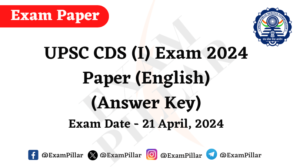
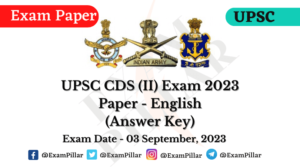
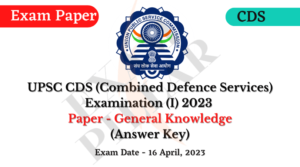
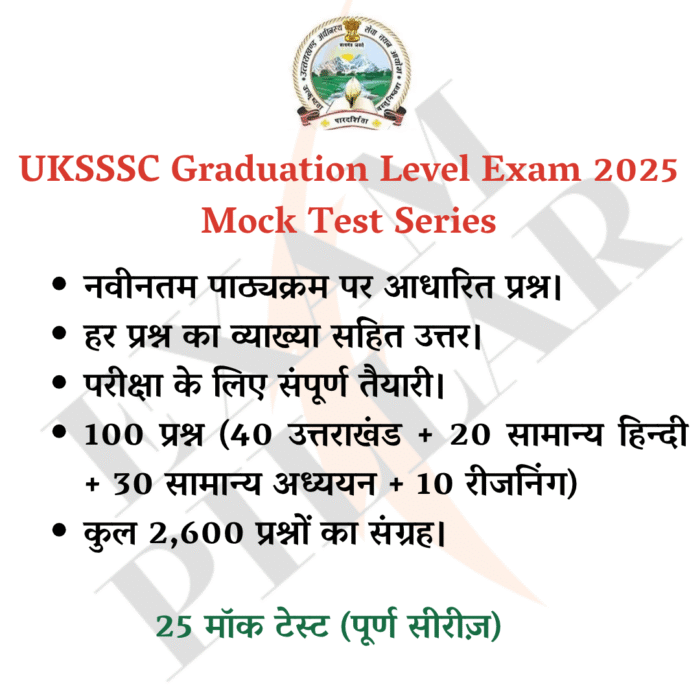

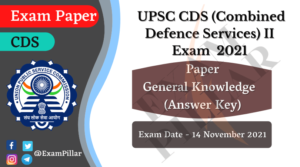
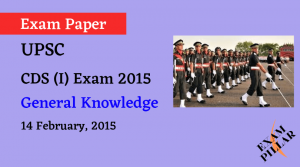
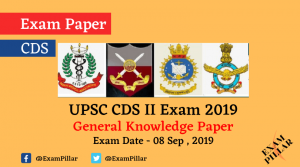
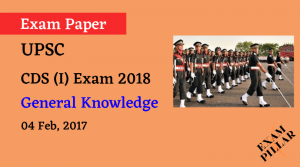
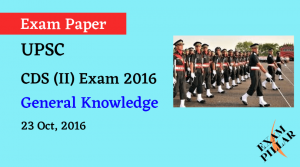
The answer for 3. The antonym on inert is lively… it’s synonym is apathetic
7. Dude! The meaning of steadfast is unfaltering! They asked for the antonyms… it’s unreliable.
For question 59 I think the answer must go for although not for since..